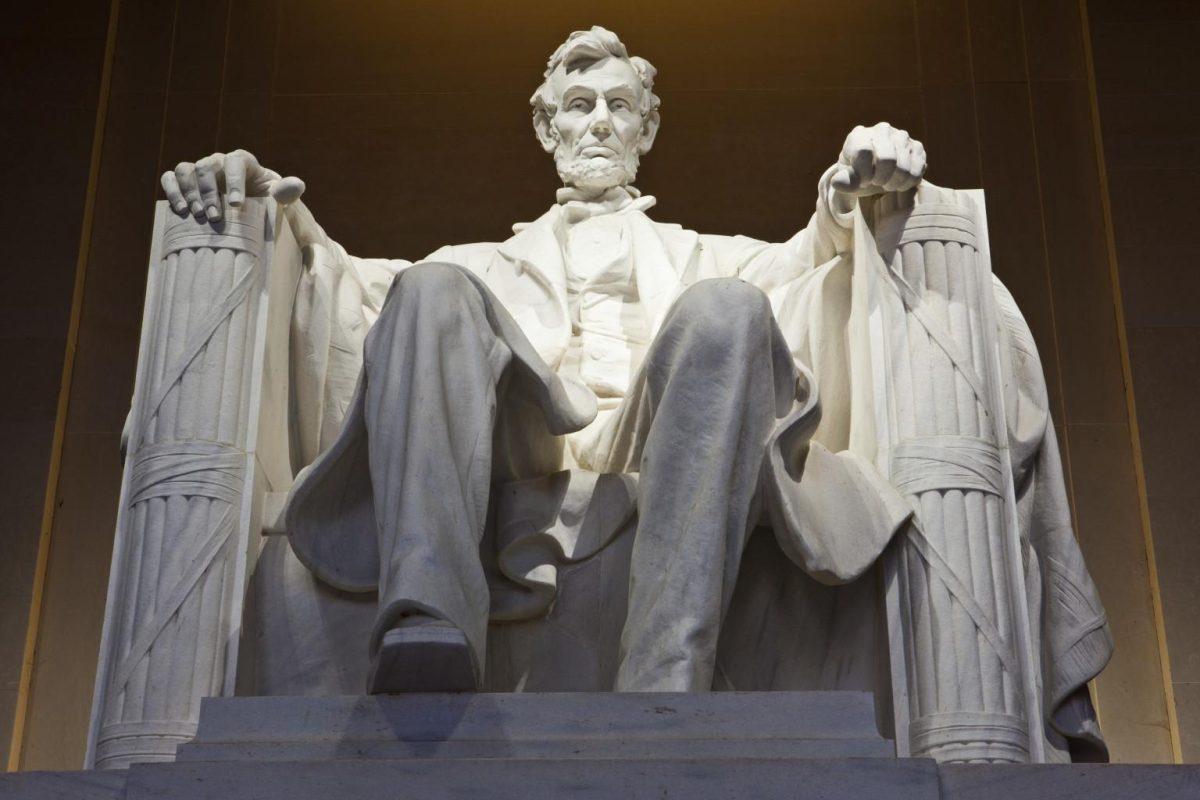One hundred and fifty years ago today, America’s 16th President, Abraham Lincoln gave a historic address to the Union forces at the Battle of Gettysburg. His speech embodied the spirit of the times and highlighted what was at stake in the Civil War.
Lincoln laid out in the speech the revolutionary principles of equality, liberty, and independence, which epitomized the struggles of the war.
Sadly, today these words are becoming more cliché and overlooked for other goals of the state such as “security” and “national interests.”
The primary goal of the Civil War waged by Lincoln was to preserve the Union, yet Lincoln is arguably more famous for ending slavery. Lincoln made it clear that the abolition of slavery was the cause of the war in order to live up to the revolutionary principles of equality the Founding
Fathers envisioned.
He said that if the North lost, America would look like another failed democratic experiment in the pages of history. But by preserving the Union and freeing the slaves, the United States could set a new precedent that a free and democratic society can last.
While he is most famous for ending human slavery, few are aware that he also thought about ending another type of slavery — wage slavery.
Lincoln understood that people renting themselves for a wage wasn’t so drastically different from traditional slavery. The only reason Lincoln cited wage slavery as slightly better than the latter was the fact that some in wage slavery had an opportunity to get out of it and become their own masters, i.e. self-employment.
Based on this old-school liberal view on wage slavery, I doubt Lincoln would be able to join conservative student groups like Young Americans for Liberty, because his views on wage slavery were not that far off from Karl Marx and John Stewart Mills.
Lincoln would be considered too liberal for Democrats as well because they are beholden to big business interests.
It is official that our country hasn’t been this politically polarized since the Civil War. Currently there are a few secession movements throughout the country. Five counties in Northeast Colorado have already voted for secession.
The level of political division hasn’t led to violence, yet. There are still bridges to be made from the shared values Americans have.
But we face many major crises that Lincoln could have never imagined, including the global financial crisis, climate change, exploding wealth inequality, pollution crisis, mass extinction of animal life, debt crisis and nuclear crisis with Iran and Israel.
On top of all of this, the United States is a waning superpower that may soon fall behind China.
There is a lot at stake for the United States in terms of influence and a renaissance of the revolution is called for. In 1776, the United States became the first nation in the world to establish itself as a free, secular and democratic society. In 1861, the United States fought a Civil War, preserving the Union and securing equality for the weakest among us.
With the NSA mass surveillance, the level of wealth
inequality, the level of police brutality, the level of disregard of the people’s civil liberties, the disregard of the environment and the level of government overstepping its authority, it is time for the people to champion the cause of a battlefield 150 years and seek a nonviolent revolution.
Instead of just voting for change, the people need to get up, organize and become the change they want to see in the nation.
Joshua Hajiakbarifini is a 24-year-old political science and economics senior from
Baton Rouge.
Opinion: Gettysburg revisited for contemporary times
November 18, 2013
Lincoln Memorial Washington DC





